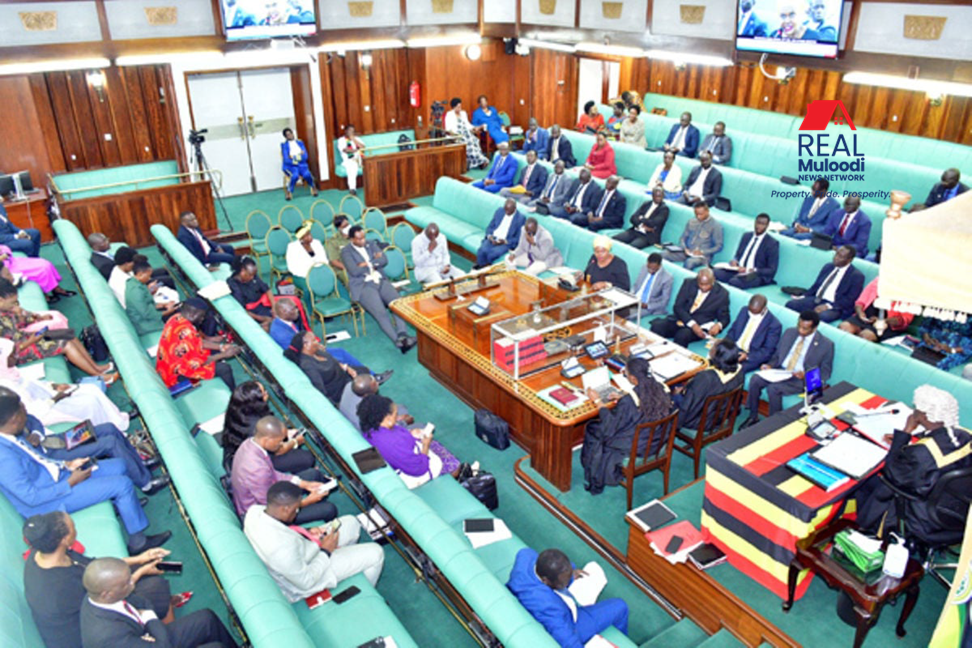UGANDA, Kampala | Real Muloodi News | In a recent development, the House committee has presented its report to Parliament, recommending the trial of only three out of 15 ministers involved in the Karamoja iron sheets scandal.
The Committee on Presidential Affairs, established in February, conducted separate inquiries into the Karamoja iron sheets matter and found evidence implicating several top officials.
However, the report excuses other officials from prosecution, sparking debates about criminal liability and accountability.
The committee’s report recommends that only three ministers face trial for their alleged involvement in corruption, causing loss of public property, and abuse of office.
Minister for Karamoja Affairs Mary Goretti Kittutu and her junior, Agnes Nandutu, are among those named for prosecution. The junior minister for Finance (Planning), Amos Lugoloobi, and James Abaho, a senior assistant secretary and personal assistant to Ms Kittutu, are also recommended for trial.
Legal experts have pointed out that the committee’s recommendations do not shield implicated officials from criminal liability.
The Director of Public Prosecutions (DPP) operates independently and can pursue charges if there is sufficient evidence.
President Museveni previously expressed his opinion that Parliament should not inquire into a criminal matter already under police investigation. He promised to take “political action” against ministers involved in the scandal.
The DPP and police are preparing to prosecute additional ministers, MPs, and officials in connection with the corruption allegations.
The report’s findings have spared several high-ranking leaders from prosecution, including Vice President Jessica Alupo, Prime Minister Robinah Nabanja, and Finance Minister Matia Kasaija, among others.
This perceived exoneration has raised concerns about setting a bad precedent. Critics argue that individuals found to have unlawfully benefited from the diversion of the iron sheets should be held accountable for possession of stolen property.
Accountability and the responsible use of public resources are key principles emphasised by experts.
The committee’s investigations revealed that the diversion of iron sheets was a premeditated plan designed to redirect materials intended for reformed warriors in Karamoja.
Minister Mary Goretti Kitutu was found to have significantly contributed to the mismanagement of the iron sheets meant for the community empowerment program, which raised questions about her suitability for the role.
Another official, Agnes Nandutu, was accused of engaging in premeditated abuse of office for personal gain.
Prime Minister Nabbanja faced criticism for inadequate coordination and monitoring, resulting in undetected mismanagement of the community empowerment program.
Given the ongoing criminal proceedings and the sub judice nature of the iron sheets case, the debate on the committee’s report was deferred under Rule 73 of Parliament’s Rules of Procedure.
Deputy Speaker Thomas Tayebwa, who chaired the session, explained that the government’s involvement in the matter required the consideration of sub judice rules.
The report also encompasses suspected graft in the distribution of goats and maize flour under the same program, further complicating the proceedings.
READ MORE LIKE THIS:
Karamoja Iron Sheets Scandal: Probe Expands to Office of the Prime Minister
Karamoja Iron Sheets: Kitutu’s Personal Assistant Joshua Abaho Granted Bail



